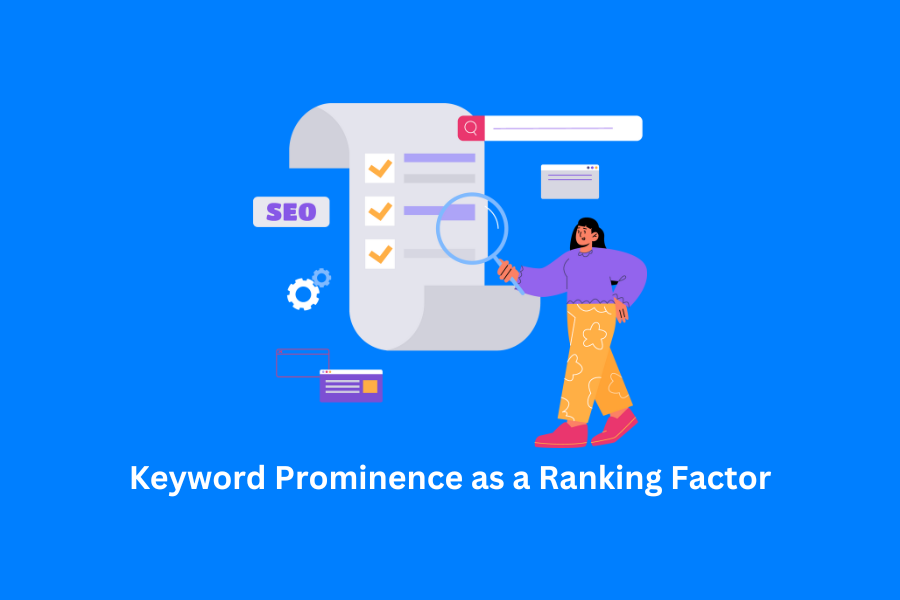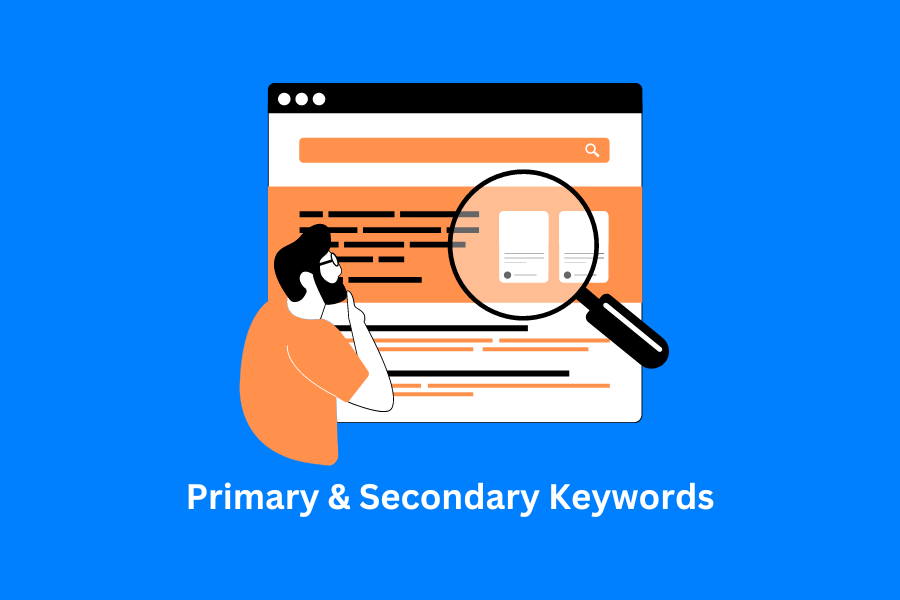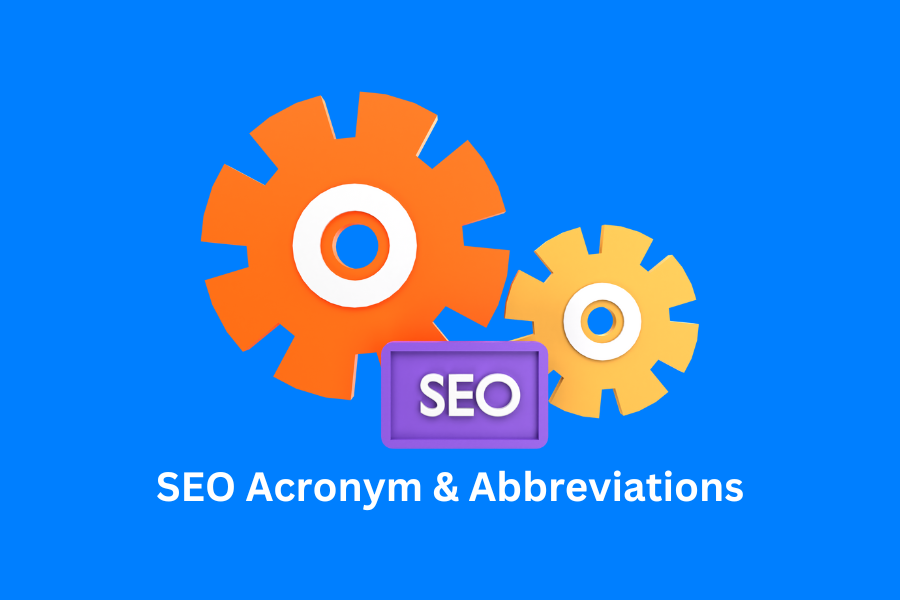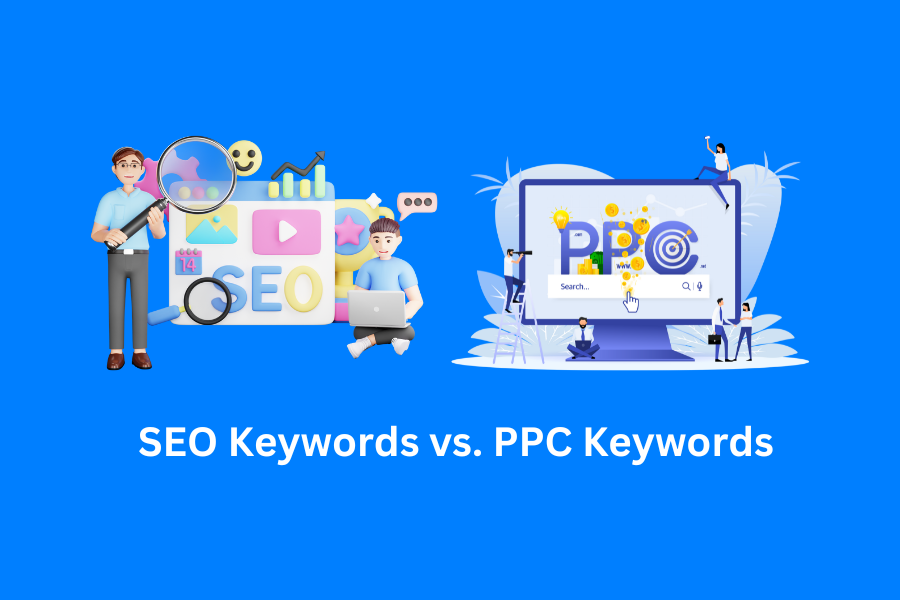Small business owners often wonder how to make their websites more visible online. One key strategy is keyword URL mapping, a useful SEO technique that can help improve your site’s search engine rankings. This practice is part of the broader concept of keyword mapping, which involves organizing your website’s content around specific keywords. In this post, we’ll focus on keyword URL mapping, explaining what it is, why it’s important, and how you can use it to boost your online presence.
What is Keyword URL Mapping?
Keyword URL mapping is the process of organizing your website’s URLs to include relevant keywords. This practice helps search engines understand what your pages are about, potentially improving your rankings for those keywords.
Why Is Keyword URL Mapping Important?
- Improves search engine understanding of your content
- Can boost your rankings for targeted keywords
- Makes your URLs more user-friendly
- Enhances the overall structure of your website
- Provides additional context for both users and search engines
How to Implement Keyword URL Mapping
1. Choose the Right Keywords
Start by selecting keywords that are:
- Relevant to your content
- Frequently searched by your target audience
- Not too competitive
To find the right keywords:
- Use keyword research tools like Google Keyword Planner or SEMrush
- Analyze your competitors’ URLs
- Consider long-tail keywords for more specific topics
2. Structure Your URLs
When creating URLs, keep these tips in mind:
- Use hyphens to separate words
- Keep URLs short and simple
- Include your main keyword near the beginning
- Maintain a logical hierarchy (e.g., domain.com/category/subcategory/page-name)
- Remove unnecessary words like “and,” “the,” or “of”
Example of a well-structured URL:
www.yourbusiness.com/seo-services/keyword-url-mapping3. Match Keywords to Content
Ensure the keywords in your URL match the content of the page. This helps both users and search engines understand what to expect.
Tips for matching keywords to content:
- Use the main keyword in your page title, headings, and throughout the content
- Ensure the content fully addresses the topic suggested by the URL
- Create separate pages for distinct topics rather than cramming multiple themes into one URL
Benefits of Keyword URL Mapping for Small Businesses
- Cost-effective SEO strategy: Implementing keyword URL mapping requires minimal investment but can yield significant results.
- Improves user experience: Clear, descriptive URLs help users understand what a page is about before clicking.
- Increases click-through rates from search results: URLs with relevant keywords can attract more clicks in search engine results pages (SERPs).
- Builds site authority: A well-structured site with keyword-optimized URLs can help establish your site as an authority in your niche.
- Facilitates easier site navigation: Logical URL structures make it easier for users to move around your site.
Common Mistakes to Avoid
- Overusing keywords in URLs: Stick to one or two relevant keywords per URL.
- Creating very long URLs: Keep URLs concise and to the point.
- Using irrelevant keywords: Always ensure the keywords in your URL accurately reflect the page content.
- Ignoring URL structure when redesigning your site: Maintain your optimized URLs when updating your website to preserve SEO value.
- Using special characters or spaces: Stick to letters, numbers, and hyphens in your URLs.
Measuring the Success of Your Keyword URL Mapping
Track these metrics to gauge the effectiveness of your efforts:
- Search engine rankings: Monitor your position in search results for target keywords.
- Organic traffic: Check if there’s an increase in visitors coming from search engines.
- Click-through rates: Analyze if your optimized URLs are attracting more clicks in search results.
- Bounce rate: A lower bounce rate may indicate that users find your content relevant to their search.
- Conversion rate: Ultimately, see if the improved visibility leads to more desired actions on your site.
Implementing Keyword URL Mapping on Different Platforms
WordPress
- Use plugins like Yoast SEO to easily edit your permalinks
- Customize your permalink structure in Settings > Permalinks
Shopify
- Edit URL handles in the Search engine listing preview section when creating or editing pages
- Use Shopify’s built-in SEO features to optimize product and collection URLs
Custom-built websites
- Work with your developer to implement a URL structure that allows for keyword inclusion
- Ensure your content management system (CMS) allows for easy URL customization
Conclusion
Keyword URL mapping is a valuable tool for small businesses looking to improve their online visibility. By thoughtfully including keywords in your URLs, you can help search engines better understand your content and potentially boost your rankings. Remember to keep your URLs relevant, concise, and user-friendly for the best results.
If you need help with keyword research visit our keyword research service page to know about our services.
FAQs
What’s the difference between a URL and a keyword URL?
A URL is simply the web address of a page. A keyword URL includes relevant keywords that describe the page’s content.
How many keywords should I include in a URL?
It’s best to include just one or two main keywords in your URL. Avoid stuffing too many keywords, as this can look spammy.
Can I change my existing URLs to include keywords?
Yes, but be careful. Changing existing URLs can affect your current rankings. If you do change URLs, make sure to set up proper redirects from the old URLs to the new ones.
Do keywords in URLs affect mobile SEO?
Yes, keywords in URLs can be helpful for both desktop and mobile SEO. However, the impact may be slightly less on mobile due to the limited screen space for displaying URLs.
How do I choose the best keywords for my URLs?
Use keyword research tools to find relevant, high-volume keywords with manageable competition. Consider your target audience and the specific content of each page when selecting keywords.
Is keyword URL mapping a ranking factor for search engines?
While not a major ranking factor, keyword URL mapping can contribute to your overall SEO strategy. It helps search engines understand your content and can improve user experience, indirectly affecting your rankings.
How often should I review and update my URL structure?
It’s a good practice to review your URL structure whenever you make significant changes to your website or content strategy. However, avoid changing URLs frequently, as this can negatively impact your SEO efforts.










